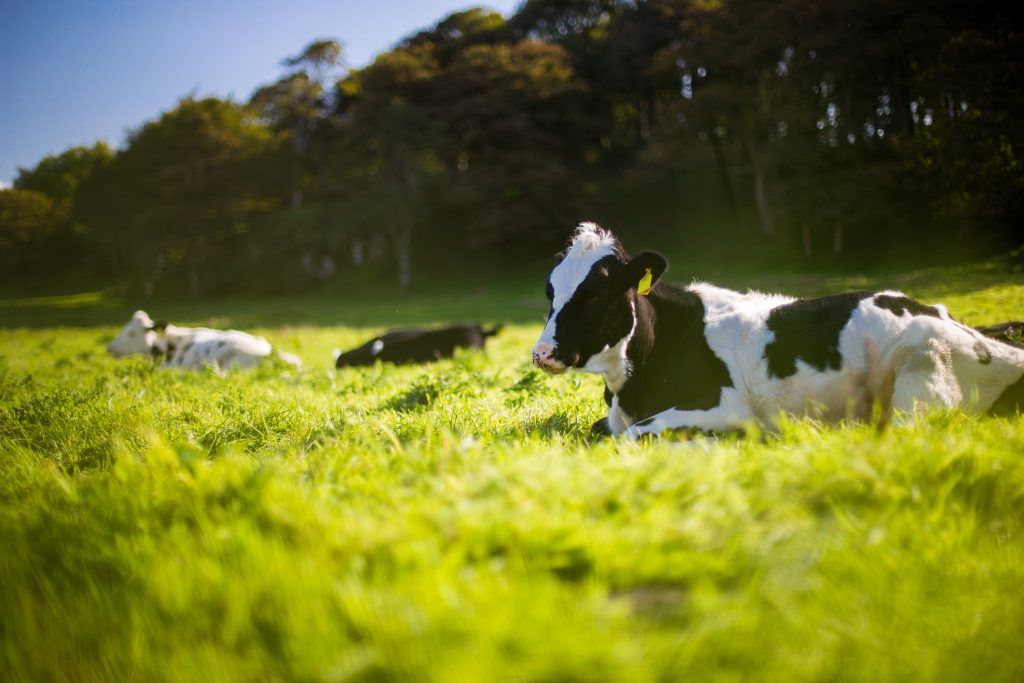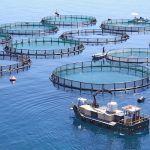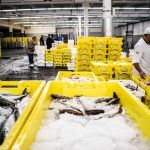Expected Outcome
In line with the ‘farm to fork’ strategy for a transition to fair, healthy and resilient livestock production systems, including the reduction of anti-microbial usage, a successful proposal will support research and innovation (R&I) in helping policy makers and economic operators to prevent and control infectious animal diseases, thus contributing to sustainable agriculture and to public health.
The project results are expected to contribute to all of the following outcomes:
- improving the capacity of policy makers, members of the veterinary profession, business operators and other relevant actors to prioritise and implement biosecurity measures in different production systems on farms and other places where animals are handled;
- gaining a better understanding of the costs and efficiency of certain biosecurity measures.
Scope
Biosecurity refers to a set of management and physical measures designed to reduce the risk of introduction, establishment and spread of diseases, infections or infestations to, from and within a population[1]. Biosecurity can prevent or minimise the risk of transmission of infectious diseases not only to animals, but also people (zoonoses), and contributes to the fight against antimicrobial resistance. Where no vaccine is available nor authorised, like for African swine fever or other new and emerging diseases, the control of infectious diseases relies heavily on biosecurity and no disease prevention, eradication or control programme can work without it. Proposed projects should address biosecurity at primary production, at least on farms and where animals are handled, but may also address relevant sectors like the feed industry. Effective biosecurity requires constant attention by those implementing it. Biosecurity can more easily be performed in enclosed facilities, like for indoor livestock farming, than in outdoor production, which may facilitate direct or indirect contacts with wildlife and subsequent transmission of a pathogenic infectious agent to livestock, although risks from outdoor farming may not always be higher than indoor. General principles of external and internal biosecurity are known, not least at farm level, but may not be equally applicable to all farms, production systems and species and protect equally well against all relevant diseases. The costs and efficiency of different measures are not always known, and guidelines are not common yet.
The proposals should:
- address different terrestrial animal species and production systems, and different situations where livestock are handled;
- address the main diseases or groups of diseases against which biosecurity measures are effective, taking into account epidemiology of the diseases and related risks (e.g. wildlife);
- collect and disseminate best practices, and develop guidelines where appropriate;
- develop validated applicable methods or refine tools to assess biosecurity measures on farms or other places where livestock is handled;
- select certain measures, evaluate their efficiency, where appropriate by testing, and estimate their cost.
In this topic the integration of the gender dimension (sex and gender analysis) in research and innovation content is not a mandatory requirement. Proposals must implement the ‘multi-actor approach’ and ensure adequate involvement of the farming sector, the veterinary profession, advisory services and other relevant actors.
Deadline
15 February 2022







Leave a Reply